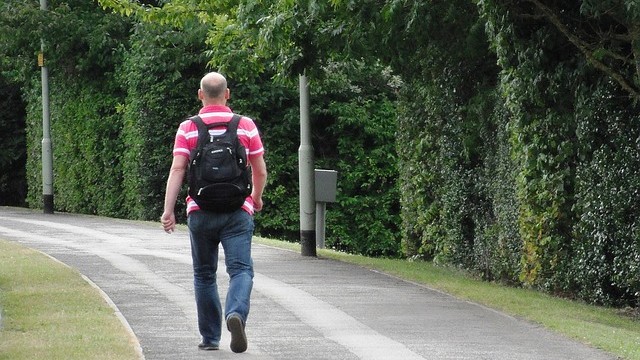
By Peter Holtmann
The prospect of a clear and well-developed auditor career pathway is an exciting prospect for our industry, yet we haven’t found the moment of ignition to get professionals engaged. A cause is needed to mobilize the profession, but which one?
I have been presenting the case for a sustainable auditor career pathway for the past month at conferences across the United States.
A key takeaway from this experience is that auditors recognize that the very sustainability of our profession is in doubt. If we don’t start acting as a group to attract, train, and retain audit talent, we could be seeing serious brain drain and skill depletion within five years.
The other message that really struck a chord with people I presented to was how auditors add significant value to local, national, and international industry, and how we protect consumer safety and deliver an increased quality of life through our efforts. It’s an uplifting story and one that’s seldom told.
Although both stories are truthful, compelling, and imminent, I have yet to see any traction around engaging sustainable changes. Although there is the beginning of some work at groups such as the Independent Association of Accredited Registrars, which is now looking into apprenticeships, there is no global initiative.
I’ve talked with registrars and certification bodies that are working on an internal solution. This sees the industry as a whole progress two steps forward in a journey of a thousand steps.
Trying to solve the problem from this perspective isn’t going to be a solution for the growing army of independent contract auditors, and it doesn’t assist accreditation bodies standardize the competencies demanded under ISO 17021. It also creates barriers to success by virtue that anything developed in-house is commercially protected.
The auditing profession needs a cause—something to spark a common interest or concern to precipitate change. Most of us are familiar with causes such as anti-war movement, the occupy Wall Street group, WikiLeaks, and the like. All of these built a following by appealing to some level of injustice being served.
I’m not implying that an injustice is being served to the auditor profession. My point is that we are facing an avoidable demise of skilled labor, and it is approaching like a train wreck in slow motion.
What drives causes? You could say that they’re born when a way of life is impacted. For example, when the ability to earn money and provide for your family is at risk or when you’re no longer publicly recognized for your talents and capabilities.
When I consider that we, as a profession, facilitate world trade and increase our quality of life, I could draw the conclusion that the demise of our functions would slow the rate of progress and remove the security of knowing that quality is protected.
Part of our problem is that we don’t advertise ourselves enough. What’s the usual response when someone asks you what you do for a living? When you answer, “I’m an auditor,” you’re subjected to the usual gamut of questions around financial audits. Or, worse yet, you field the vacant stares when you explain quality and safety conformity systems.
How do we build the perfect elevator pitch for our roles and use it to illicit genuine interest in auditors? Is this enough of a catalyst to get a cause started?
There’s no doubt that auditors suffer from an image problem. We seem content with the perception that auditing is an end-of-line profession, and that the byproduct of our work is an approval mark on the side of a box of cereal or a truck passing us in the street.
We need a cause. We need to pick ourselves up, hold our heads high, and point ourselves toward a future that can be rewarding, sustained, and globally recognized and demanded.
Any ideas you wish to share on the topic of cause-based enactment would be welcomed.


I believe a mentor type program should be implemented by Exemplar Global that will allow new auditors to shadow experienced auditors in order to gain knowledge as well as required audit days for certification.
A voluntary pool of selected auditors would be available for mentoring.